Cinco de Mayo
Monday, May 4th, 2015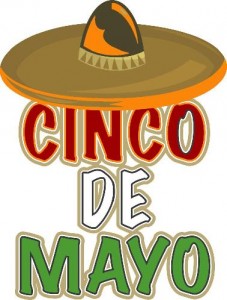
Cinco de Mayo, Spanish for “5th of May,” is a widely-celebrated holiday in the United States. In Mexico, it is considered a minor holiday, not to be confused with Mexican Independence Day, which happens on the 16th of September. Cinco de Mayo commemorates the Mexican army’s 1862 victory over France at the Battle of Puebla during the Franco-Mexican War. The battle was led by Texas-born General Ignacio Zarazoga, who commanded his poorly-supplied and greatly outnumbered Mexican troops against the 6,000-strong French force of General Latrille de Lorencez. Beginning at daybreak on May 5th, 1962, the French army attacked the city of Puebla de Los Angeles. The French forces retreated in the early evening, having lost nearly 500 soldiers, while fewer than 100 Mexicans had been killed in the battle. Although this victory was not a major strategic win in the overall war against the French, the success of the troops at Puebla became a symbol of Mexican resistance to foreign domination. The war would eventually end almost six years later, with support of the United States military and political pressure.
In the United States today, festivities are most prominent in areas with a large Mexican-American population, and, in Mexico, celebrations occur most heavily in the Puebla region. The occasion is marked with parades, mariachi bands, Mexican folk dancing, and, of course, traditional Mexican food and drink in celebration of Mexican culture and heritage. Traditional foods include Mole Poblano, Chalupas, and Chiles en Nogada. Revelers may sip on sangria, margaritas, and Mexican beer, aka cerveza.
While Wilmington festivities will remain tame compared to celebrations in other cities, local restaurants are gearing up for the holiday with food and drink specials to mark the occasion. One local favorite, El Cerro Grande, promises an “epic fiesta” at each of their three locations. Many chain restaurants are also marking the occasion: Taco Bell® will reportedly be giving out free breakfast food, while Moe’s Southwest Grill® will be giving away t-shirts. Restaurant-goers are sure to see specials aplenty on margaritas, tequila, and cervezas; sombreros may or may not be optional.
With alcohol such a big part of many people’s Cinco de Mayo festivities, it’s no surprise that drunk driving is especially high on “Cinco de Mayo”. At Collins Law Firm, we have over 20 years experience handling DWI/DUI’s and other criminal and traffic matters. If you or someone you know is charged with a crime or gets hurt during the celebration, please call our office at (910) 793-9000 for your confidential consultation.
By Rebekka Sekeres, Legal Assistant at Collins Law Firm

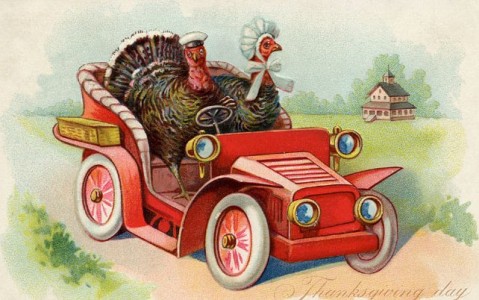 With an improved economy and gas prices at a five year low, we will experience an increase in Thanksgiving travel this year. AAA Carolinas expects the increase to be of more than 4 percent compared to Thanksgiving of 2013.
With an improved economy and gas prices at a five year low, we will experience an increase in Thanksgiving travel this year. AAA Carolinas expects the increase to be of more than 4 percent compared to Thanksgiving of 2013.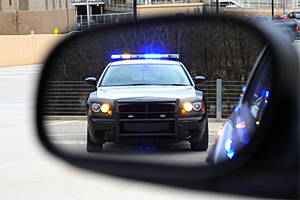 A traffic ticket can cause a lot of headache. It starts with embarrassment when the blue lights come up in your rear view mirror and when you have to sit on the side of the road while the officer investigates and issues your ticket and it continues far beyond. If you receive a traffic ticket, you should consult with an attorney on how to best handle your ticket.
A traffic ticket can cause a lot of headache. It starts with embarrassment when the blue lights come up in your rear view mirror and when you have to sit on the side of the road while the officer investigates and issues your ticket and it continues far beyond. If you receive a traffic ticket, you should consult with an attorney on how to best handle your ticket. “USA, USA, USA” can be chanted now that the United States has advanced onto the Knockout Round in the World Cup 2014, being held in Brazil. Even though this is a positive advancement for the United States, it did not come easily after losing to Germany 1-0 on Thursday, June 26th, 2014. It was thanks to Portugal defeating Ghana 2-1 that allowed the United States to hold on to their second place standing. This in itself is a great accomplishment for the United States, as they were ranked 14th in the World by the Fédération Internationale de Football Association (FIFA) when they entered the World Cup, and we were also placed in the “Group of Death”, facing very difficult teams including Ghana, Portugal, and Germany.
“USA, USA, USA” can be chanted now that the United States has advanced onto the Knockout Round in the World Cup 2014, being held in Brazil. Even though this is a positive advancement for the United States, it did not come easily after losing to Germany 1-0 on Thursday, June 26th, 2014. It was thanks to Portugal defeating Ghana 2-1 that allowed the United States to hold on to their second place standing. This in itself is a great accomplishment for the United States, as they were ranked 14th in the World by the Fédération Internationale de Football Association (FIFA) when they entered the World Cup, and we were also placed in the “Group of Death”, facing very difficult teams including Ghana, Portugal, and Germany.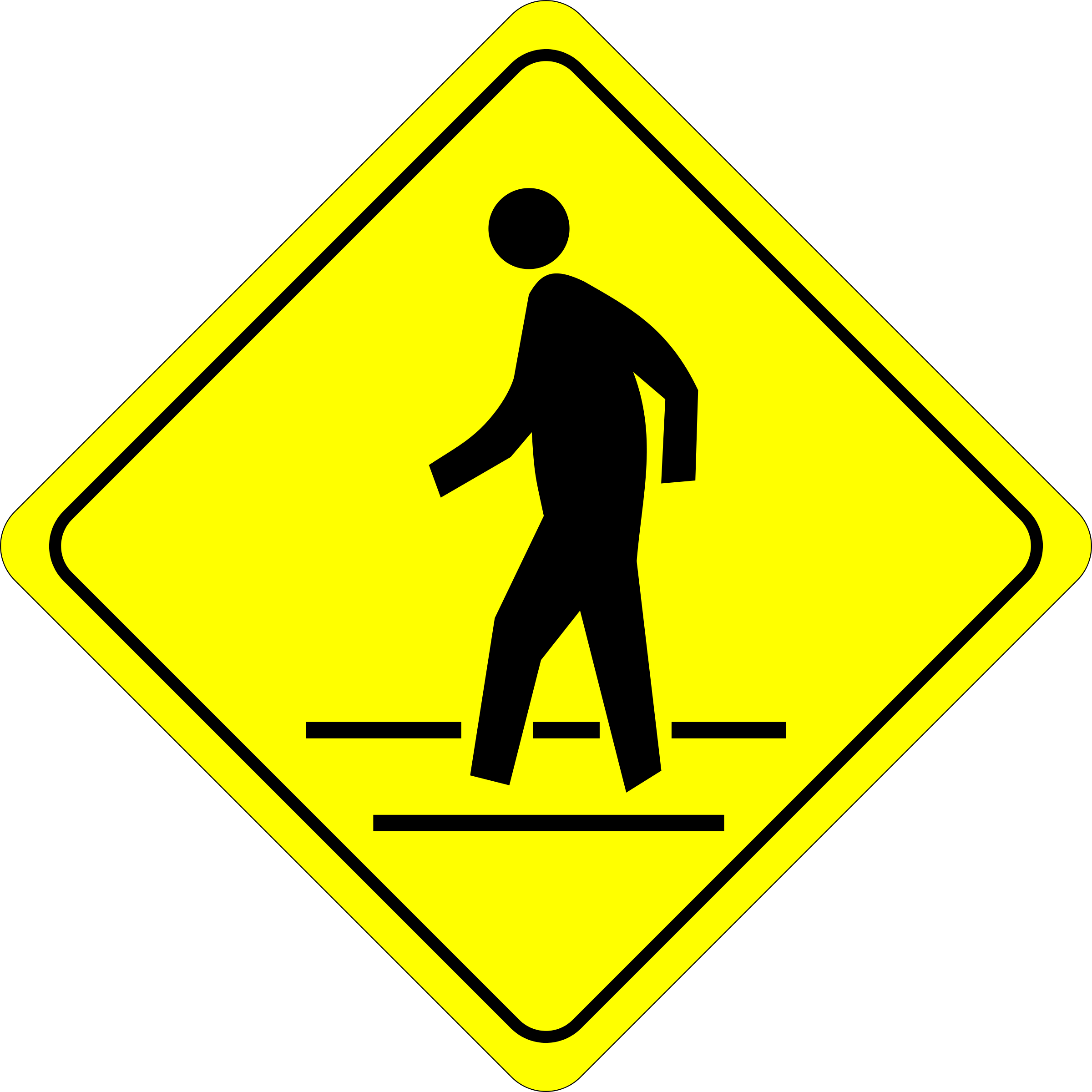 While preferences vary when it comes to transportation, everyone is a pedestrian at some time, and most know to keep their distance from moving traffic. Unfortunately, according to data released by the National Highway Traffic Safety Administration, about 69,000 pedestrians got hurt and 4,432 were killed in traffic crashes in the United States in 2011. This means that on average every two hours a pedestrian was killed and about every eight minutes, a pedestrian got hurt in traffic in 2011.
While preferences vary when it comes to transportation, everyone is a pedestrian at some time, and most know to keep their distance from moving traffic. Unfortunately, according to data released by the National Highway Traffic Safety Administration, about 69,000 pedestrians got hurt and 4,432 were killed in traffic crashes in the United States in 2011. This means that on average every two hours a pedestrian was killed and about every eight minutes, a pedestrian got hurt in traffic in 2011.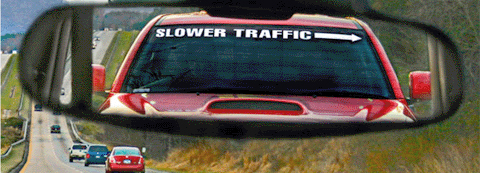 Driving slowly in the left hand lane is not just a pet peeve, but causes a hazard by negatively impacting the flow of traffic.
Driving slowly in the left hand lane is not just a pet peeve, but causes a hazard by negatively impacting the flow of traffic. 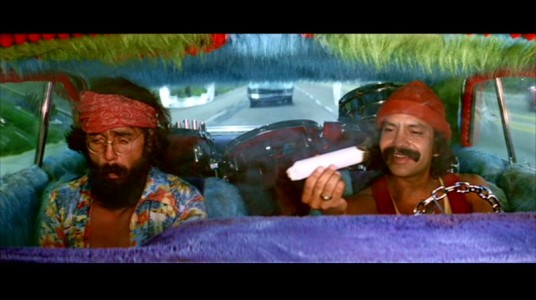 The New York Times recently published a story entitled “Driving Under the Influence, of Marijuana.” The story suggested that driving under the influence of marijuana (pot) is much less risky than driving while impaired by alcohol. The report also indicated that it is difficult to detect impairment by pot with the standardized field sobriety tests used in DWI by alcohol cases, and it is difficult to confirm impairment with laboratory tests. The article discusses several studies making these findings and noted the conclusion of some experts that public resources would be better spent combating alcohol-impaired driving, including perhaps lowering the per se threshold for alcohol concentrations to 0.05, than in establishing a per se limit for blood-THC content or devising roadside tests to detect for marijuana impairment.
The New York Times recently published a story entitled “Driving Under the Influence, of Marijuana.” The story suggested that driving under the influence of marijuana (pot) is much less risky than driving while impaired by alcohol. The report also indicated that it is difficult to detect impairment by pot with the standardized field sobriety tests used in DWI by alcohol cases, and it is difficult to confirm impairment with laboratory tests. The article discusses several studies making these findings and noted the conclusion of some experts that public resources would be better spent combating alcohol-impaired driving, including perhaps lowering the per se threshold for alcohol concentrations to 0.05, than in establishing a per se limit for blood-THC content or devising roadside tests to detect for marijuana impairment.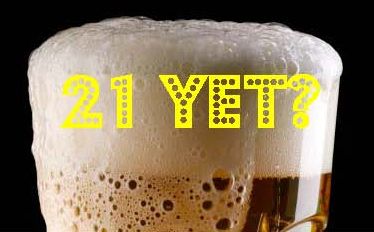

 ”Let it snow, let it snow, let it snow” is the chant all the New Hanover County kids are chanting this morning as they await their winter wonderland. In anticipation of inclement weather New Hanover, Pender, Brunswick, Columbus, Bladen, and other surrounding counties have all cancelled school today and will probably do the same for tomorrow. In addition to schools being cancelled, many courts are closed as well.
”Let it snow, let it snow, let it snow” is the chant all the New Hanover County kids are chanting this morning as they await their winter wonderland. In anticipation of inclement weather New Hanover, Pender, Brunswick, Columbus, Bladen, and other surrounding counties have all cancelled school today and will probably do the same for tomorrow. In addition to schools being cancelled, many courts are closed as well.